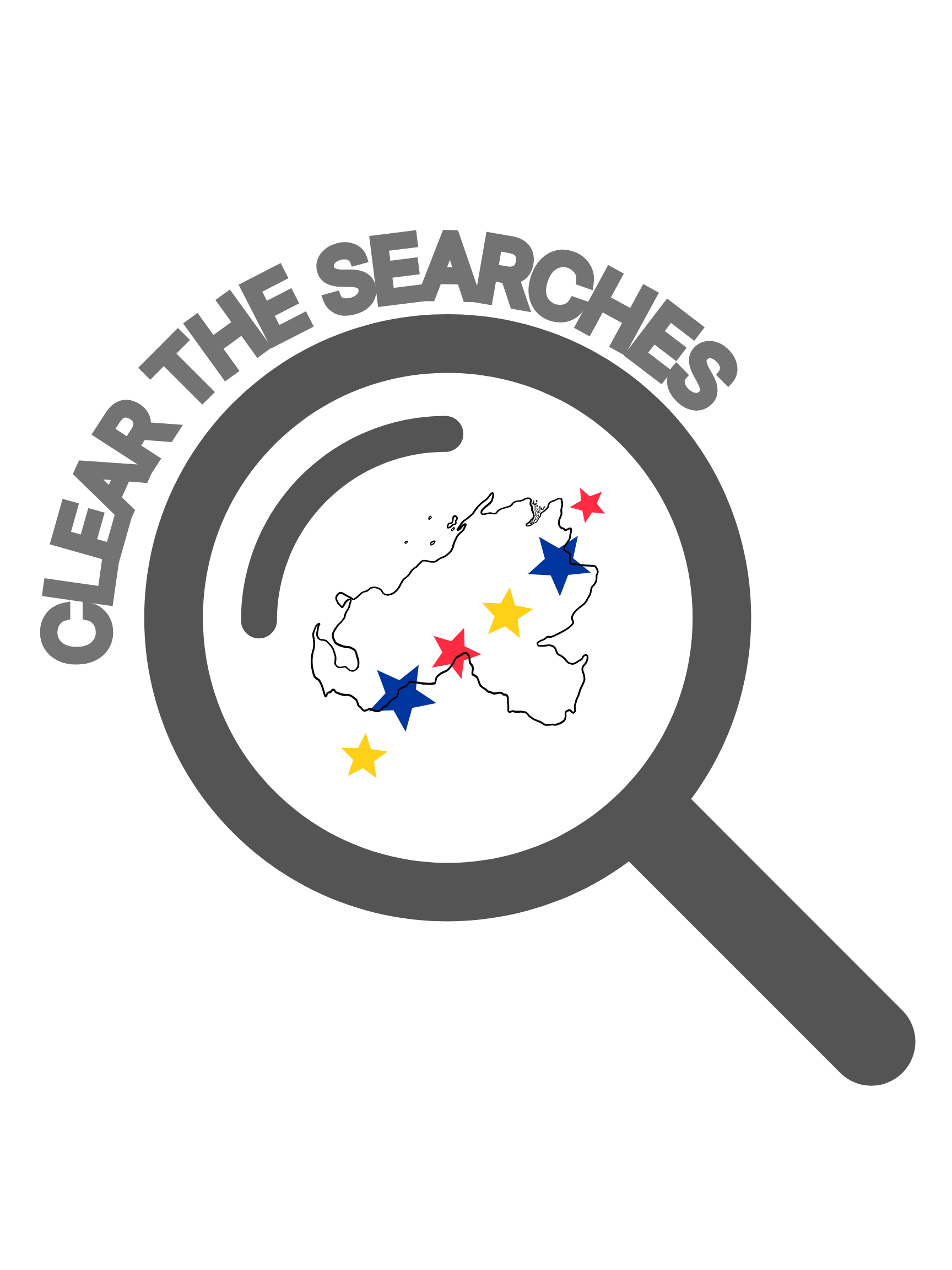Improve media literacy
Clear the Searches’ secondary aim is to improve overall media literacy, an important skill to have nowadays. With much misinformation in the media, many cannot differentiate the truth from the lies, leading to manipulation of one’s beliefs and contributing to echo chambers where people are exposed to only one perspective.
What is media literacy?
Media literacy is defined as the ability to critically analyze stories presented in the mass media and to determine their accuracy or credibility.
How to detect bias?
Watch for emotionally charged words, exaggerations, or one-sided language.
Ask yourself the following: Who’s speaking? Are they experts, eyewitnesses, or anonymous voices? Remember, reliable articles cite reputable sources.
Consider what’s being emphasized or left out. Is only the negative side shown? Is there context? Are opposing views represented?
The following website presents news stories from both sides to eliminate bias:
How Algorithms Influence What We See
Algorithms personalize what shows up in your feed/search based on:
- What you click, like, or watch
- How long you stay on a post
- Who you follow or interact with
This creates “filter bubbles”, where you mostly see what aligns with your previous interests or beliefs.
That can distort reality and amplify sensational or misleading content (especially on YouTube and TikTok).
The following website explains how social media algorithms manipulate attention:
How to Cross-Check Facts and Recognize Misleading Headlines
Fact-check the main claims using neutral fact-checking sites. Look beyond the headline; click through and read the article. Reverse image search to see if a viral photo or video has been taken out of context.
Signs of a misleading headline:
- Doesn’t match the article’s actual content
- Uses ALL CAPS or excessive punctuation (!!!)
- Makes emotional or extreme claims (“This will shock you!”)
The following websites help with fact-checking stories:
How does this apply to our mission?
Being able to detect and differentiate misinformation not only about Venezuela but about other countries and groups of people can help an individual question stereotypes about these groups, prevent the spread of false narratives, and finally build a generation that challenges biased or incomplete portrayals of all cultures, not just Venezuela.
